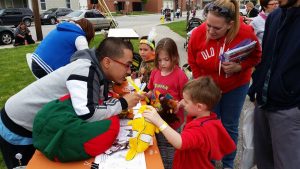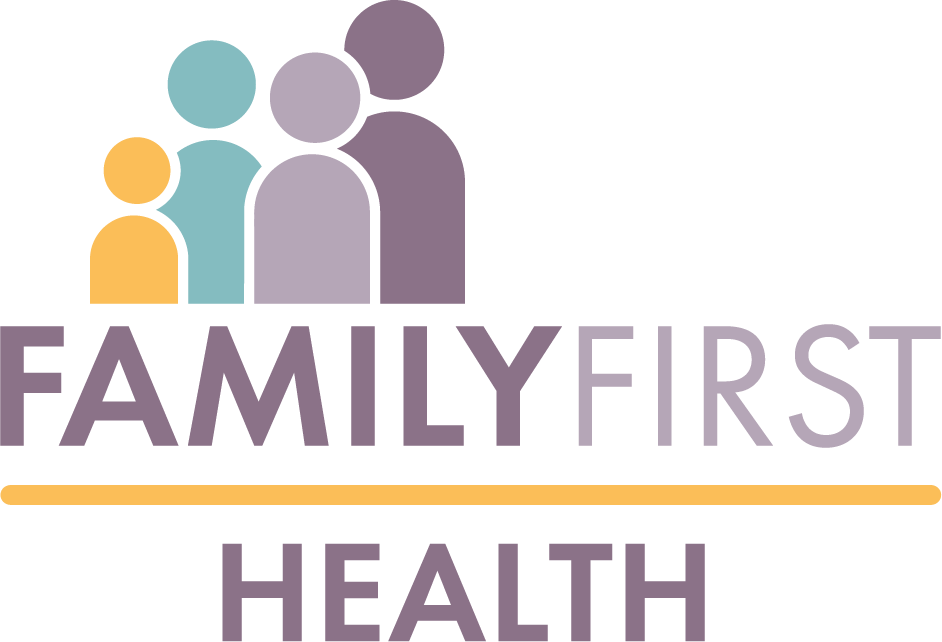
Stereotypes and misconceptions about the individuals served by Medicaid are everywhere. In fact, “Medicaid Myths” are so widespread that I devoted an entire article explaining the four key groups that benefit from Medicaid: Children, seniors, individuals with disabilities, and adults.
As I explained in that article, while Medicaid does cover 1 in 2 low-income individuals in Pennsylvania, it also covers working adults who don’t have insurance through their employers, or working individuals who’ve lost their jobs or depleted savings due to an illness.
And yet misconceptions remain: Medicaid recipients are lazy. They’re entitled. They could improve their financial situation if they tried harder. They should be ashamed of accepting assistance.
These beliefs are harmful to the success of Medicaid as a health care safety net, and only add to the confusion around Medicaid and its impact on the communities and populations it serves.
It’s easy to see how these negative perceptions influence Medicaid patients themselves. At Family First Health, a federally qualified health center serving southcentral Pennsylvania, we regularly interact with patients who don’t understand Medicaid or distrust the system, have trouble navigating an ever-changing insurance exchange, or succumb to the stigma surrounding the program and don’t want others to know they’re covered by Medicaid.
A health center’s role
As the national conversation has shifted over the past year, our leadership team has had extended discussions as to our health center’s role in the Medicaid conversation. First and foremost, Medicaid is vital to our role in the continuum of care — to provide accessible, affordable care to underserved areas and populations. More directly, Medicaid impacts our communities by serving those who need it most, leading to better care and better health for our patients.
Our team feels strongly that we play a role in educating audiences on these topics, and debunking the common misconceptions of Medicaid.
Of course, I could shout this from the rooftops until I was hoarse, and perhaps only make a minimal impact. Our approach has to be strategic as we identify audiences who most need to hear our message.
Education in action
This year, National Health Center Week provided a key opportunity to engage our full team and our patient base in sharing Medicaid’s specific impacts. The theme for 2017 celebrating America’s health centers was “The Key to Healthier Communities,” and so our staff took advantage of this message to ask individuals to share why Medicaid matters.
Read through a few responses from our staff and patients (or check them all out on our Facebook page).
· Without it, there are many services my child could not access to help him succeed.
· It increases preventative care.
· Without it, my brother couldn’t get the insulin he needs to survive.
· It allowed my son to have three life-saving open heart surgeries, and also covered all follow-up care. Today he’s growing, healthy and medically stable.
· It allows our patients to receive the health care and medications they need.
· If my dad did not have insurance, he would never have gone to the doctor.
These stories collectively demonstrate the power of sharing your experience.
Imagine if, when legislation threatens to cut funding or eligibility for programs like Medicaid, every individual served by the program used their voice to speak up and advocate for themselves. What if we empowered this group of people to recognize their collective power, to persuade them that they, too, can affect change?
Where to begin
· Education: Empowering our patients as advocates will always begin with education: Removing the stigma associated with Medicaid and ensuring all patients understand their benefits and how to best navigate the system. When changes arise, we must educate our patients as to their impact.
· Conversation: We must also be open to hearing their stories — and to take it one step further, to ask for their stories. I was blown away during National Health Center Week by the number of individuals willing to share their personal experiences.
· Action: Once a patient is fully engaged, they’re likely looking for that next step. How can I ensure I reap the full value of my Medicaid benefits? How can I make an impact for others? How can I share my story? This is where health centers can leverage their own platforms to amplify the patient’s voice: A video testimonial on social media, a story with local or regional media, even a blog post hosted on your website with an interview.
Understanding who benefits from Medicaid is critical. But it is also equally critical to get to know these individuals and empower them to advocate for themselves in our ever-changing health care system.
As we explore additional ways to do so in our own health center, I’d love to hear how you are tackling this challenge in your community.
_______________________________________________________
Jenny Englerth, CEO of Family First Health
